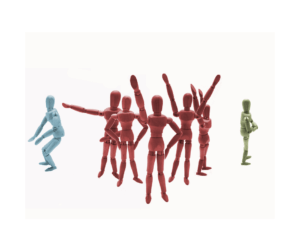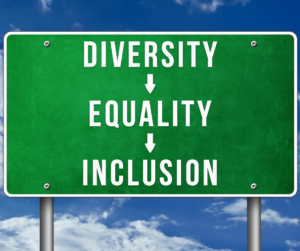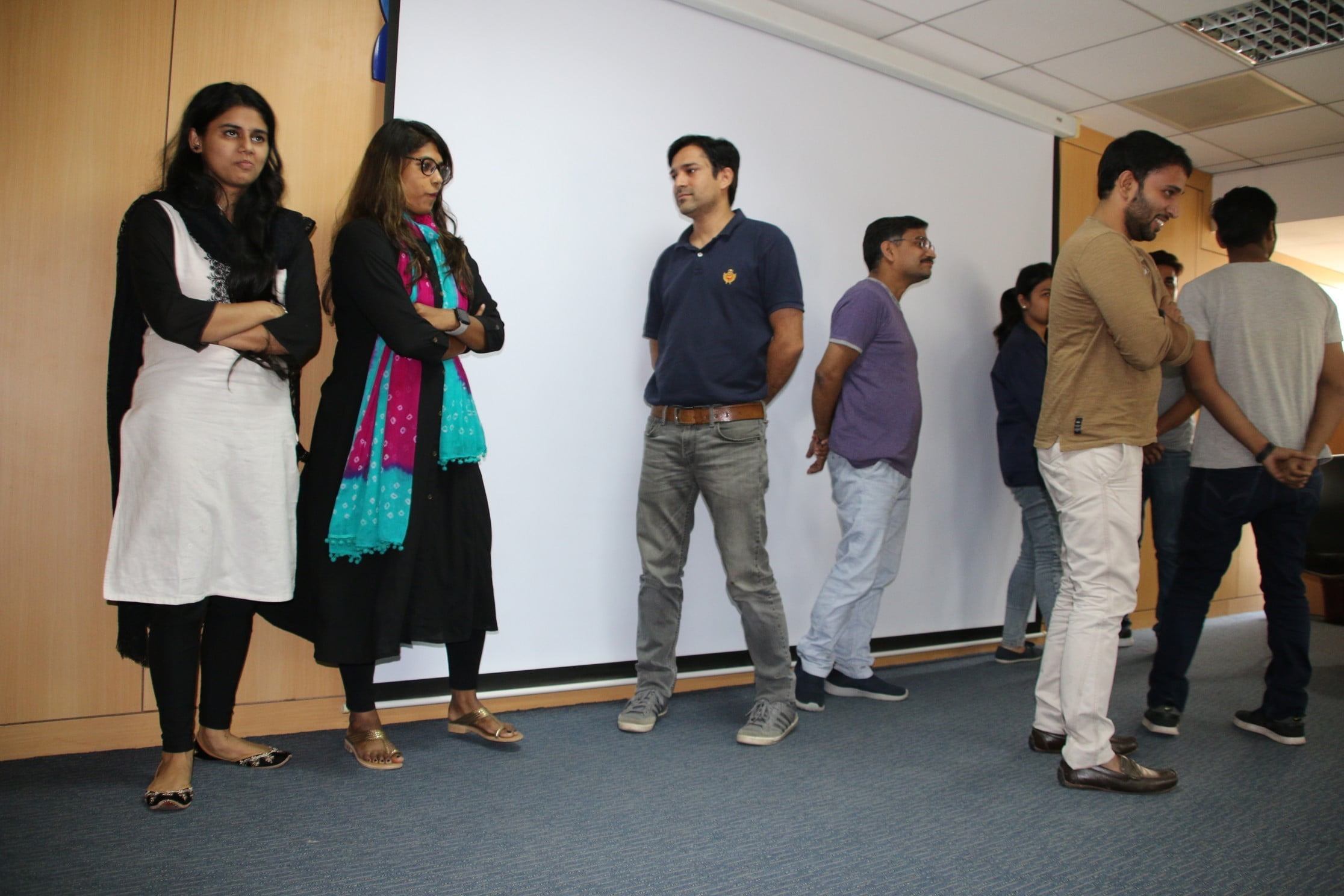Megha was a simple girl working with one of the MNCs in Gurgaon. She was from a tier two city and working in Gurgaon was challenging for her. She started staying in PG and was trying to settle at her workplace. Megha’s reporting head Ranjan was extremely happy with her performance and loyalty towards the organization.
One morning Megha came to meet Ranjan with resignation in hand. Rajan shockingly asked Megha the issue. Looking down she replied her family wants her to come back. Ranjan was not so convinced with the answer but accepted her resignation. Ranjan asked HR team to look into the matter and asked them to conduct an exit interview. During the exit interview, Megha did not reveal the reason but while leaving the room she said that she thinks she is a misfit for this company. HR requested her to talk regarding the matter. Megha felt the culture of the company is very young. People wish each other by hugging. She cannot stay back for late-night meetings, also she can’t go for office outings. Her colleagues call her ‘Mata Rani’.HR said but you are good at work to which she says but she doesn’t feel that belonging. This gave shocking facts of the company’s culture to Head-HR.
This is a perfect case of day to day exclusion at the workplace. This may not be bullying always but may happen accidentally. Can you recall any particular experience at work when you felt excluded? Think of a time when you were ignored. Exclusion leads to emotions like hurt, sad, puzzled and stressed. Employees question themselves “what’s wrong with them or “How come I was left out?”
Examples of accidental exclusion can be:
- Not making eye contact specifically with one person or sex but making eye contact with everyone else;
- Shake hand with everyone and avoiding with one;
- Having engaging conversations with everyone except one. Not marking emails or restricting information with one.
Psychologists believe that exclusion has a high impact on the productivity and motivation level of employees. Employees go through emotional trauma when they feel excluded. Data also shows that women at the workplace face exclusion more frequently. Employees have a strong motivational drive to form and maintain caring and respectful interpersonal relationships.
Social exclusion can be costly. It has also been linked to the following: 
- Low motivation and poor interpersonal relations
- Low productivity
- Decreased performance
- High absenteeism
- Retaliation
- Attrition
- High impact on employer branding
It can be avoided by taking a few easy steps:
- Check your unconscious biases

- Avoid stereotyping
- Open communication
- Make everyone participate during meetings
- Team leaders can create an inclusive team culture
Diversity is an agenda for the coming days and in the time of #metoo or racism and discrimination, organizations need to create an inclusive work culture. Having said that it is also an individual’s responsibility to be more open, inclusive and bring out the best from each other.
Author: Dr. Aparna Sethi has authored a book ‘ Where to Draw The Line – Complicated relationships at workplace’ which is completely focused on POSH. This book is available on Amazon. https://amzn.to/2Zl73WB . She also conducts insightful sessions on Diversity and Inclusion in the workplace. You can reach her on 8800003366/77.







Leave a Reply